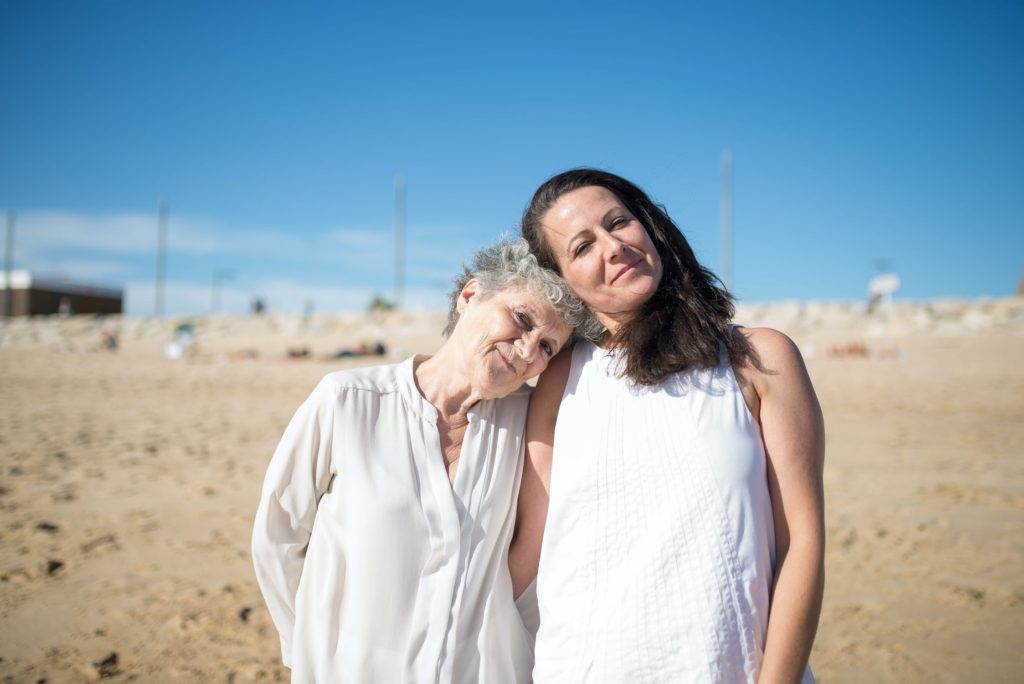While dementia is a significant mental illness affecting seniors, it often progresses slowly. This gives you enough time to come to terms and deal with the situation. However, there is a version of the disease that can develop at a faster rate. And home health care providers warn that rapidly progressive dementia is a harder case to handle. Let’s explore this variant further and learn how you can deal with it properly.

Activities For People With Dementia
Understanding Rapidly Progressive Dementia
The most common forms of dementia often progress gradually, being apparent only after several years. But as its name implies, rapidly progressive dementia happens a lot faster. It can develop within just months or even weeks.
This rapid progression means that the mental faculties of the patient also regress at a significant rate. Due to this, they can experience a more significant impact of the symptoms in their lives. That can also lead to more challenges for caregivers, as they might not have enough time to process the situation.
What Causes Rapid Progressive Dementia
As is with general dementia, various things can lead to RPD. Some of the common culprits include the following.
- Neurodegenerative conditions like prion disease, Creutzfeldt-Jakob disease, and Alzheimer’s
- Vascular diseases like strokes
- Autoimmune diseases like lupus, multiple sclerosis, and certain forms of encephalitis
- Illnesses like infections and cancer
- Exposure to toxic substances like heavy metals, radiation, or even certain medications
- Conditions like vitamin deficiencies and head injuries
Because of the varied causes that might lead to rapid progressive dementia, it can sometimes be difficult to pinpoint an exact one. Thus, doctors might need several tests to get a conclusive result.
The Symptoms Of Rapidly Progressive Dementia
As you might have already expected, the symptoms of RPD are very much similar to other forms of dementia. It includes things like:
- Forgetfulness
- Confusion
- Personality changes
- Difficulty with everyday tasks
- Withdrawal from social activities
The main difference from regular dementia is, of course, how fast these symptoms show up. A patient might sometimes be normal and then suddenly be hit with these. That suddenness adds to the difficulty of assessing the situation.
Diagnosing RPD
As it is, the overlap in symptoms with general dementia means it can be difficult to properly diagnose RPD. The main challenge is often determining the speed at which the disease progresses. Sometimes, you might think that the symptoms just suddenly appear, whereas they were already worsening gradually without you knowing. Because of that, you might mistakenly think your loved one has RPD.
To test for the disease, doctors will first review your loved one’s symptoms and medical history. They will then conduct the following tests.
- A urine test
- A blood test
- Imaging scans such as MRI
These tests will help doctors determine whether certain factors affects a patient’s cognition. They can also determine whether these effects are treatable or not.
Can Dementia Suddenly Get Worse?
One question that you might be wondering at this point is whether a person already diagnosed with dementia can suddenly have worse symptoms. The answer is yes. However, it is worth noting that this does not automatically equate to RPD. As mentioned earlier, this sudden worsening might be attributed to another situation and can be dealt with readily.
Treating Rapidly Progressive Dementia
When the diagnosis does return a positive for RPD, your next question would be whether the condition is treatable or not. The answer also depends on what is causing the speedy decline. In the case of RPD brought about by cancer or hormonal imbalance, treating the relevant condition can also halt the decline.
In other cases, however, there is often no cure. Instead, the goal of treatment is to treat the symptoms. That helps the patient lead a more comfortable life despite their condition. The treatment is often a combination of medication and therapy.

Helping Patients With Dementia
Caring For A Person With Rapidly Progressive Dementia
The care strategy you employ for a loved one with RPD follows the same one as that used for general dementia cases. However, you should account for the fact that symptoms develop and change fast. With that, you should plan your course of action for the next few years.
Choosing Care Options
Even with the rapid decline of a patient’s condition, family members may want to be near to care for them. In this case, the best option is to go with a home healthcare service. Providers can help you deal with your loved one’s various needs like:
- Daily grooming and activities
- Preparing meals and feeding
- Managing medication
- Housekeeping
Since the condition changes fast, you want to get a service that is adaptable to the situation. We at Amavi are ready to provide you with that. Our home health care service covers all the above aspects. We can also bring in more specialized care equipment your loved one might need.
Access To Medical Facilities
Another thing that you would want to have is access to a whole host of medical care facilities. That includes doctors and specialists who can help you assess your loved one’s condition regularly. They would also be able to help you adjust your care plan accordingly.
Additionally, you want to have an emergency response plan in place. Due to how fast the condition progresses, it can be hard to determine what might happen next. A response plan will ensure that you can act as soon as possible if needed.
Amavi can also help you create that plan. Through our network of medical institutions, we can create a response team that suits your needs. We can also coordinate with other hospitals should the need arise.
Other Concerns
Aside from the medical needs, you should also ensure that all the legalities are taken care of. Because of the nature of the condition, your loved one might soon have a hard time handling these concerns. As such, you want to get these cleared before that happens.
One document you would want to secure here is a medical power of attorney. This document assigns you or another individual as the one who can make the necessary medical and legal decisions for them. Additionally, you want to secure a Health Information Portability and Accountability Act authorization form. This form, on the other hand, will let doctors share your loved one’s medical information as needed.

Protect Your Loved One With The Help Of The Best Home Health Care.
Rapidly progressive dementia can be a worrying condition, more so than the regular version. But with the right home health care service, you can give your loved one a better quality of life even as it progresses. We at Amavi are ready to help you here.
